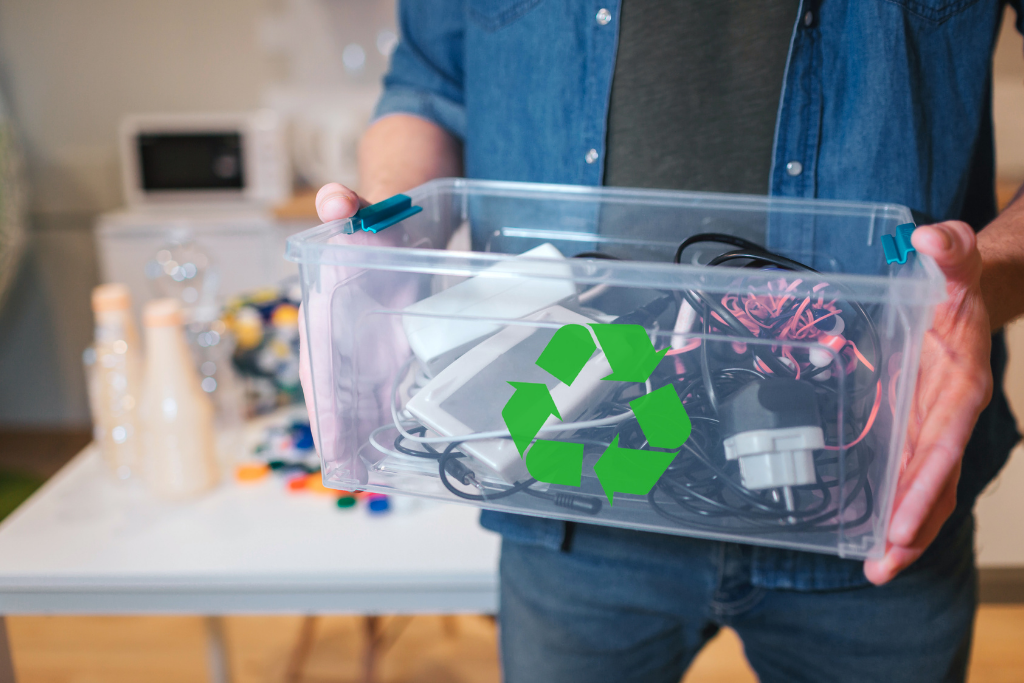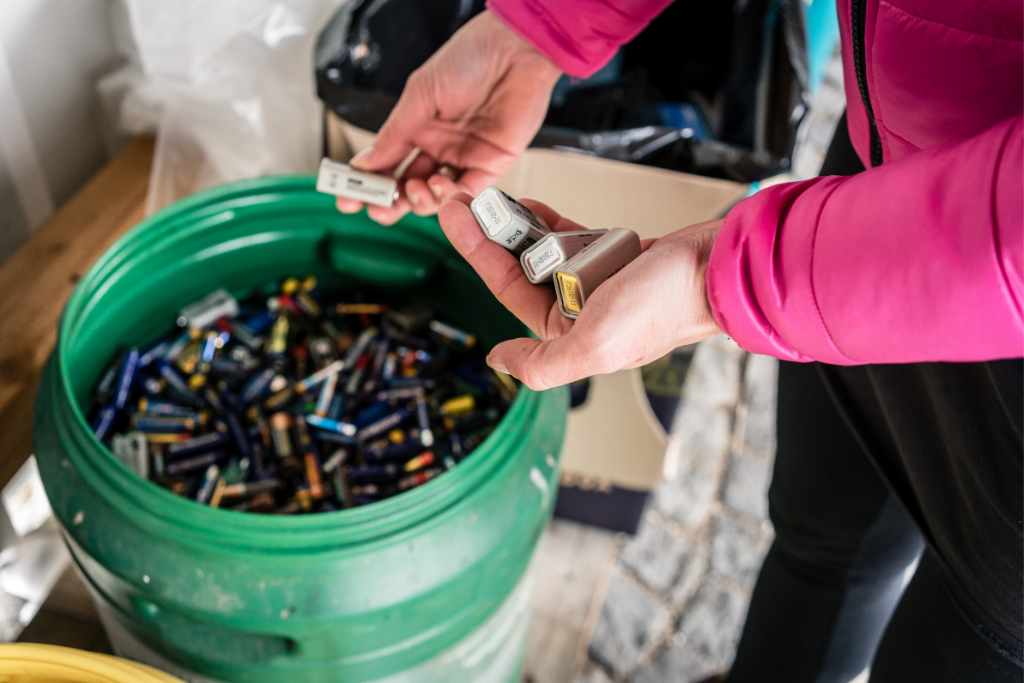In the digital age, our homes and offices are filled with various electronics and gadgets. As technology rapidly evolves, so does the pile of outdated equipment. Recycling these devices isn’t just about decluttering; it’s about preserving the environment and making the most of valuable resources. Let’s explore how to responsibly recycle a broad spectrum of electronic items, from audio equipment to vinyl records.
Key Takeaways:
- Reduce Electronic Waste: Recycling gadgets minimizes the amount of electronic waste in landfills.
- Protect Sensitive Data: Ensure personal data on devices is securely erased before recycling.
- Recover Valuable Resources: Precious metals and other components can be retrieved from old electronics.
- Local E-waste Centers: Use specialized centers for safe disposal and recycling of electronics.
- Extend Lifespan: Before deciding to recycle, see if gadgets can be reused, donated, or sold.
The Expanse of Electronics: What Can Be Recycled?
Audio and Visual Equipment
From Blu-Ray Players to Receivers, Record Players, MP3 Players, DVD Players, and even the nostalgic Cassette Players, these devices have metals and components that can be reused.

Computers and Accessories
Whether it’s Desktop Computers, Laptop Computers, Hard Drives, Computer Peripherals (both External and Internal), or the once indispensable Floppy Disks, recycling these can retrieve metals like gold, silver, and palladium.
Telecommunication Devices
Smartphones, Smartwatches, Tablets, Telephones, Two-Way Radios, and even Pagers can be recycled. Remember to wipe them clean of any personal data before disposal.
Visual Displays and Televisions
CRT Computer Monitors, CRT Televisions, LCD Computer Monitors, and LCD Televisions contain chemicals that can be harmful if not disposed of properly.
Home Appliances and Electronics
Microwaves, Toasters, Vacuum Cleaners, Dehumidifiers, Humidifiers, Power Tools, Small Appliances, Curling Irons, and even Hoverboards come under this category.
Gaming and Entertainment
Game Consoles, Video Game Cartridges, Video Game Peripherals, CDs, DVDs, Video Tapes, and Vinyl Records should be recycled responsibly. Some might even be valuable to collectors.
Office Equipment and Supplies
Calculators, Printers, Scanners, Paper Shredders, Projectors, Inkjet Cartridges, Toner Cartridges, and Typewriters can all be recycled, with many components being reusable.
Miscellaneous Electronics
This includes Digital Cameras, GPS Systems, Medical Equipment (both Handheld and Large), Vape Pens, VCRs, Cables, Boomboxes, and Cell Phone Accessories.
Importance of Recycling Electronics
These devices contain various metals, plastics, and hazardous materials. Recycling helps in preventing these materials from landing in landfills, ensuring a reduction in environmental damage. Moreover, by recycling, we reduce the need for raw materials, conserving energy and lowering greenhouse gas emissions.
How to Recycle Electronics Near You
Most cities have dedicated e-waste centers or organize periodic collection drives. It’s essential to ensure that these centers follow responsible recycling practices, ensuring that materials are dealt with safely, and that all data storage devices are appropriately wiped clean.

Frequently Asked Questions
1. How do I ensure my personal data is safe before recycling gadgets? Always back-up essential data, then perform a factory reset or use specialized software to erase data from storage devices.
2. Can I sell or donate my electronics instead of recycling? Yes, if they are still functional. Many charitable organizations accept old electronics to help underserved communities or schools.
3. Why shouldn’t I just throw away my old electronics? Electronics contain harmful chemicals that can leach into the soil and groundwater. Recycling ensures these chemicals are handled safely.
In conclusion, as we march into an increasingly digital future, the need for responsible e-waste management becomes crucial. By recycling your old electronics, you contribute to a sustainable and eco-friendly future.
